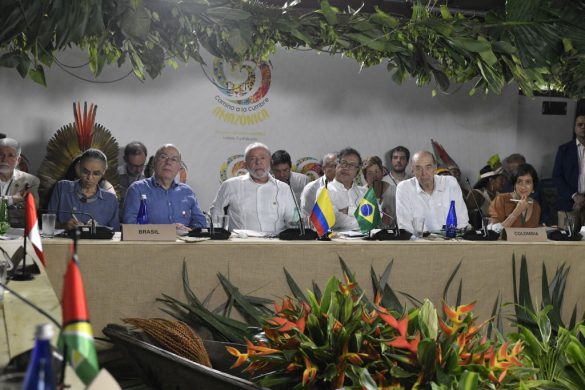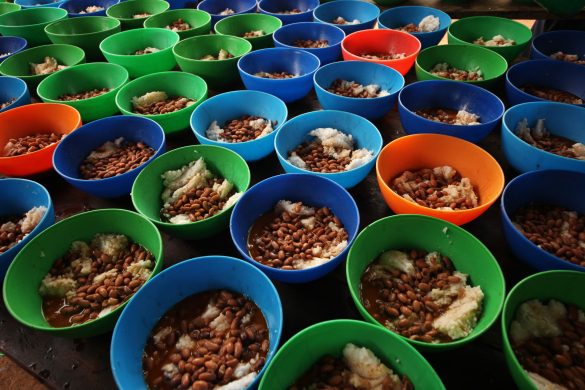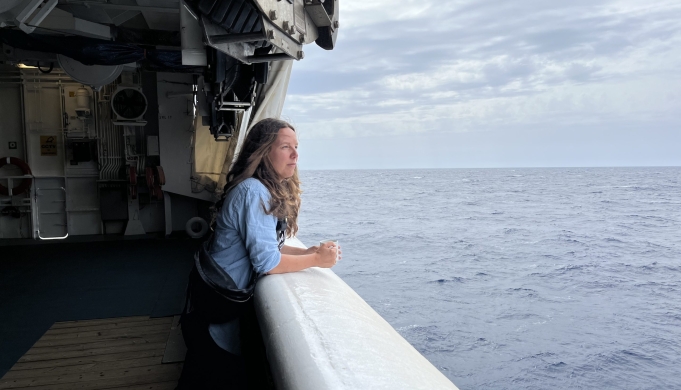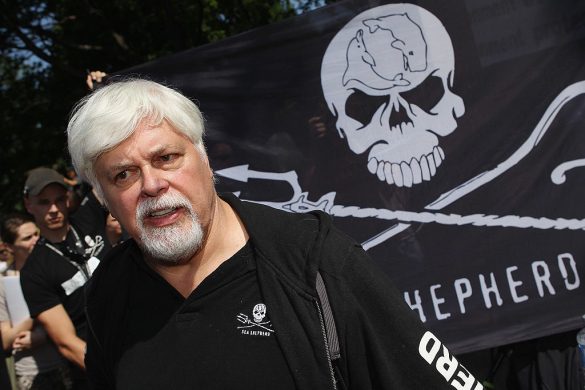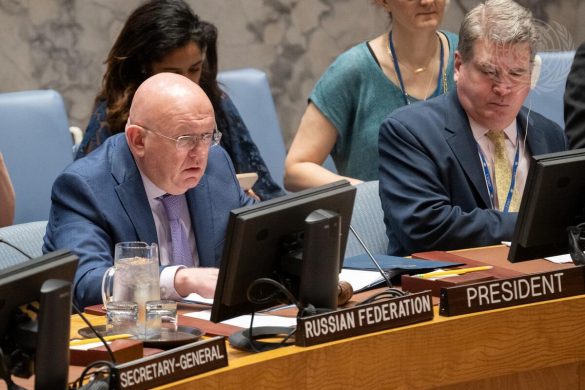ROM, 25. november 2009: Havnekontrol er det vigtigste våben mod rovfiskeri. FNs Fødevare og Landbrugsorganisation (FAO) har nu fået opbakning til en traktat om at lukke fiskerihavne for ulovligt, uregistreret og ureguleret (IUU) fiskeri.
Europakommissionen underskrev sammen med 10 lande aftalen umiddelbart efter, den blev vedtaget. Det er Angola, Brasilien, Chile, Indonesien, Island, Norge, Samoa, Sierra Leone, USA og Uruguay. Store fiskerinationer som Japan har ikke skrevet under. Det har Danmark heller ikke.
“Agreement on Port State Measures to Prevent, Deter and Eliminate Illegal, Unreported and Unregulated Fishing” er den første bindende aftale i kampen mod rovfiskeri og træder i kraft, når 25 lande har ratificeret (statsretligt undertegnet) den.
By signing the treaty, governments commit themselves to prevent, deter and eventually eliminate IUU fishing including by taking steps to guard their ports against vessels engaged in IUU fishing, thereby preventing fish from such vessels from entering international markets.
Milestone achievement
– This is the most significant international treaty dealing with fisheries since the 1995 UN Fish Stocks Agreement, said Ichiro Nomura, Assistant Director-General of FAO’s Fisheries Department.
– It is a milestone achievement—no longer will we solely rely on the ability of fishing nations to monitor behaviour by vessels flying their flags on the open waters of the oceans—now countries are committing to taking steps to identify, report and deny entry to offenders at ports where fishing fleets are received. That’s a key back-door that will be slammed shut with the new international treaty, he added.
An insidious (lumsk/snigende) problem with far reaching consequences
By frustrating responsible management, IUU fishing damages the productivity of fisheries and could lead to their collapse. That’s a serious problem for the people who depend on these resources for food and income.
Operating without proper authorization, catching protected species, using outlawed types of gear or disregarding catch quotas are among the most common IUU fishing activities.
While there are ways to combat IUU fishing at sea, they are often expensive and for developing countries, they can be difficult to implement, given the large ocean spaces that need to be monitored and the costs of the required technology.
As a result, port State measures are widely viewed as one of the best and most efficient ways to fight IUU fishing.
Key measures that port States signing the treaty will commit to include:
Foreign fishing vessels wishing to dock will be required to request permission from designated ports ahead of time, transmitting information on their activities and the fish they have on board. This will give authorities an opportunity to spot any red flags in advance.
Port States will conduct regular inspections of ships according to a common set of standards. Reviews of ship papers, surveys of fishing gear, examining catches and checking a ship’s records can often reveal if it has engaged in IUU fishing.
They also must ensure that ports are adequately equipped and inspectors properly trained.
When a vessel is denied access, port states must communicate that information publicly and national authorities of the country whose flag the vessel is flying must take follow-up action.
These measures apply to foreign fishing vessels not flying the flag of port states, however countries can apply them to their own fishing fleets as well.
Parties to the agreement are obliged to undertake regular monitoring of compliance, with a major review scheduled to occur four years after the Agreement first takes effect.
Traktaten kan ses på følgende link: ftp://ftp.fao.org/docrep/fao/meeting/018/k6339e.pdf
Kilde: www.fao.org



